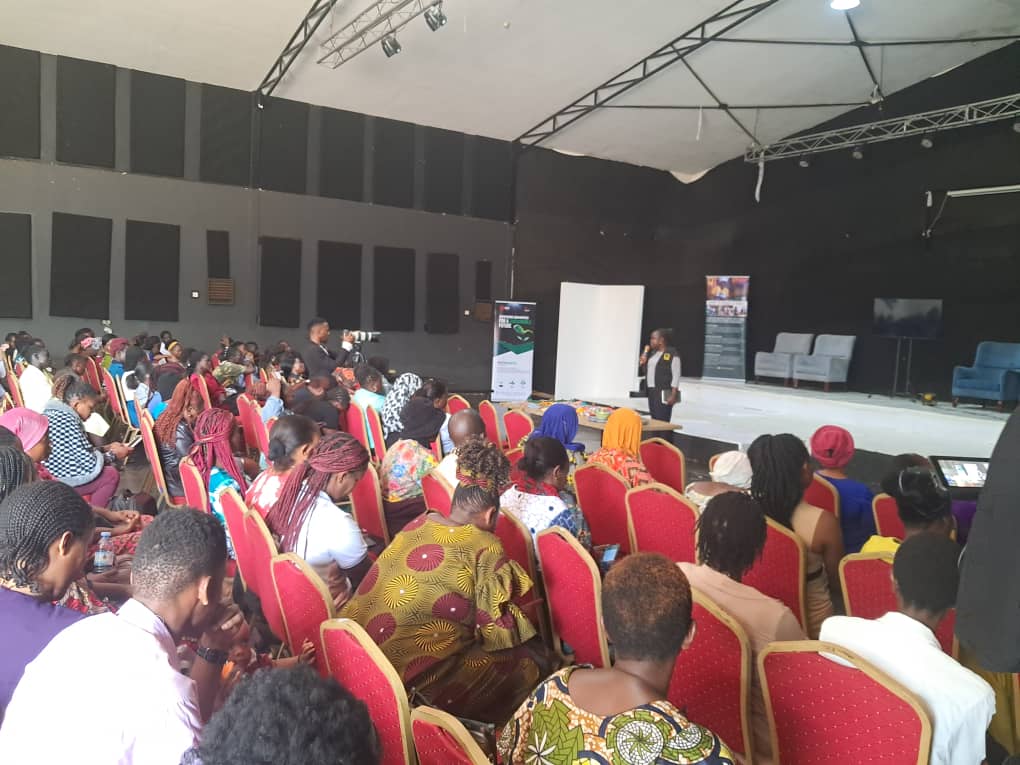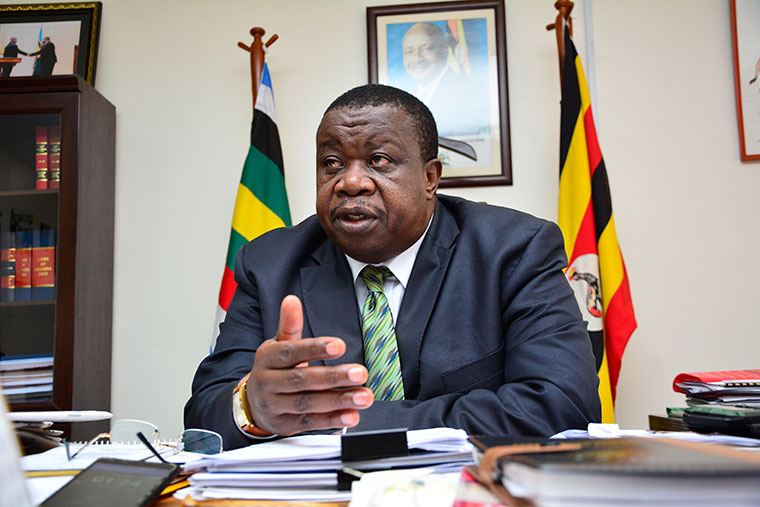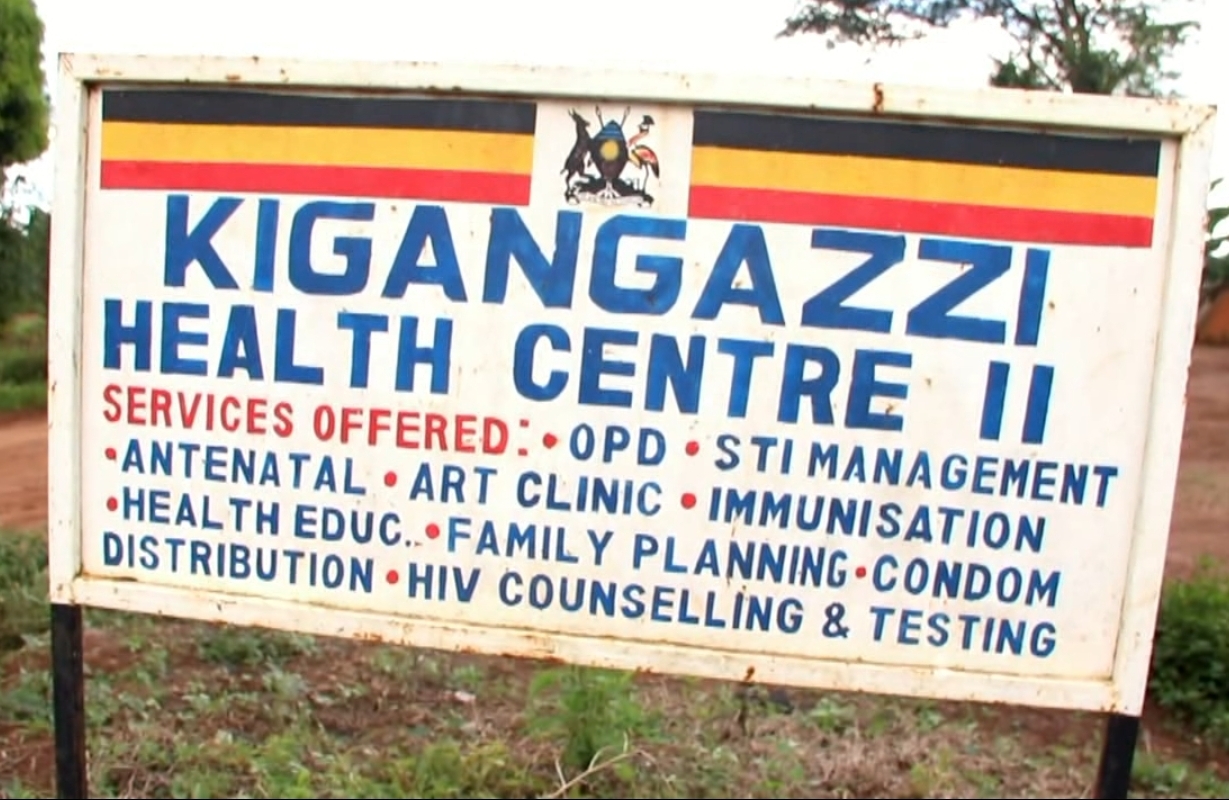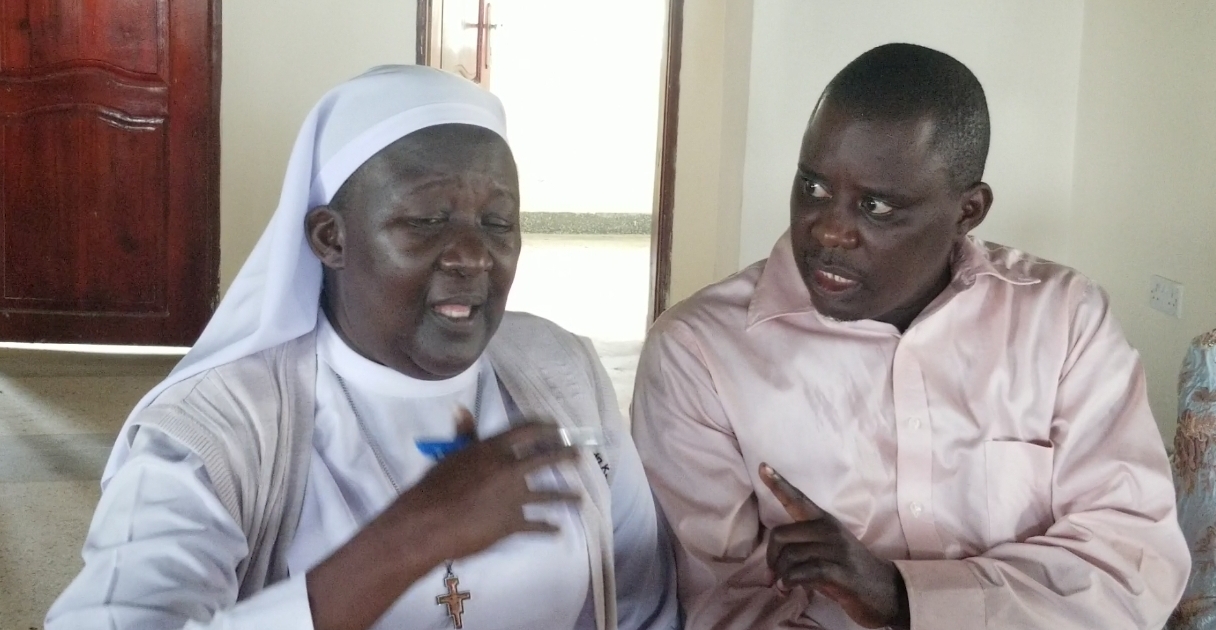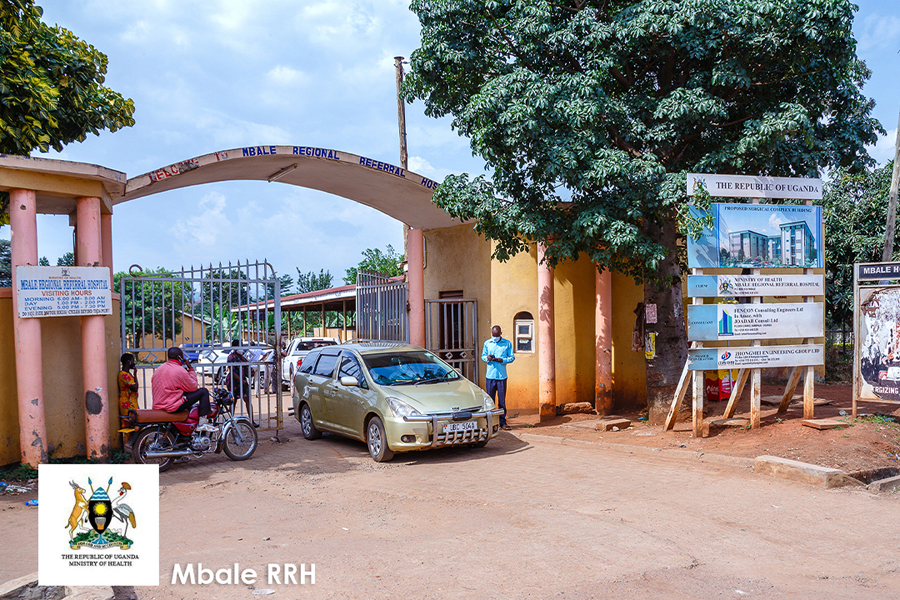Uganda urged to accelerate data digitisation for improved efficiency
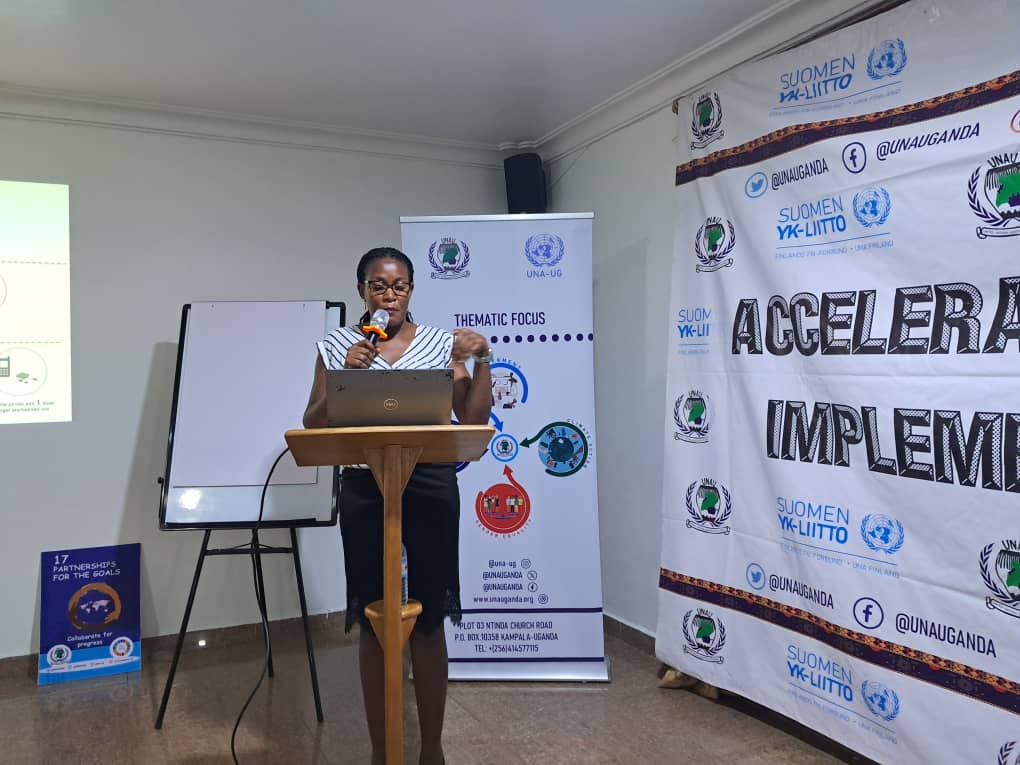
Data experts have emphasised the critical need for Uganda to digitize its extensive paper-based data repositories across various sectors.
The experts made these remarks during the data and statistics appreciation workshop hosted by the United Nations Association of Uganda(UNAU).
Keep Reading
Bright Onapito, Data and Artificial Intelligence Policy Officer at UN Global Pulse highlighted that Uganda possesses a significant amount of non-digitized data that exists only on paper.
He stressed the importance of digitizing this data, stating, "That imperative to digitize data is crucial because it makes analysis much easier."
Onapito also pointed out the inefficiencies of maintaining paper records.
"Every time I check into a hotel and provide my details on paper, I often wonder where that data ends up. It sits in some file, and perhaps it's even destroyed," he said.
He further explained the advantages of digital data, citing streamlined processes as an example.
"Recently, we have seen a very efficient process to obtain permits because they have digitized the data. That is the power of data; it creates efficiency," he said.
Urging the adoption of digitalization beyond mere digitization, Onapito emphasized its transformative potential.
"Digitalization goes beyond putting data on a computer; it involves creating a system that allows the utilization of data in different processes to obtain services and drive innovation," he said.
Richard Baguma, the Secretary-General of UNAU, emphasized the critical need for data-driven approaches in achieving the Sustainable Development Goals (SDGs) by 2030.
Baguma highlighted the collaborative efforts underway, involving partners from Uganda, Tanzania, Kenya, and Finland, within the broader framework of the World Federation of United Nations Associations.
"We aim to contribute to efforts that accelerate the implementation and achievement of the Sustainable Development Goals, which serve as the global development framework by the year 2030," stated Baguma.
Acknowledging the pivotal role of statistics and data in both planning and measuring progress, Baguma underscored their often-overlooked significance within development initiatives.
"We recognize that statistics and data are fundamental for planning and implementation, as well as for measuring progress or identifying areas that need improvement. Unfortunately, statistics and data are often sidelined in the realm of development work; they are not given the attention they deserve," he said.
Baguma also cautioned against relying on anecdotal evidence and assumptions, urging a shift towards evidence-based decision-making.
Marie Nanyanzi, a senior programs officer at Twaweza, emphasized the critical role of data in accelerating and measuring progress towards the Sustainable Development Goals (SDGs) in Uganda.
"Data plays a crucial role when discussing the SDGs. Different ministries rely on data to assess their progress in various aspects,"she stressed.
Nanyanzi highlighted the importance of inclusive decision-making, particularly regarding SDG targets related to strong institutions, peace, and justice.
Nanyanzi emphasized the significance of statistical rigour in data collection.
"We ensure statistical rigour in the data we collect to claim national representativeness. Approvals from the statistical body of Uganda are integral to our research process," she stated
She underscored the impact of reliable data in influencing policymakers.




